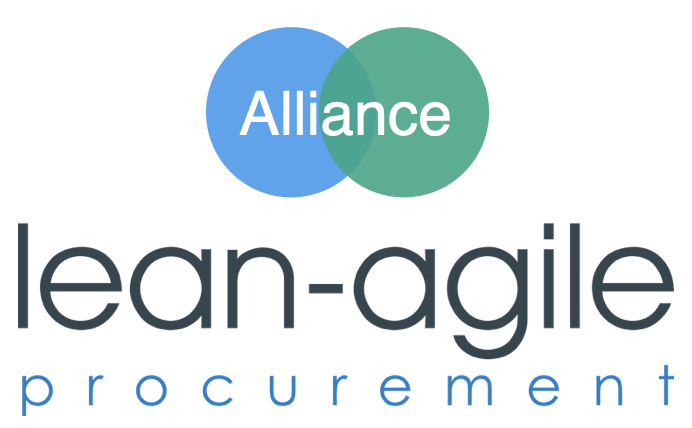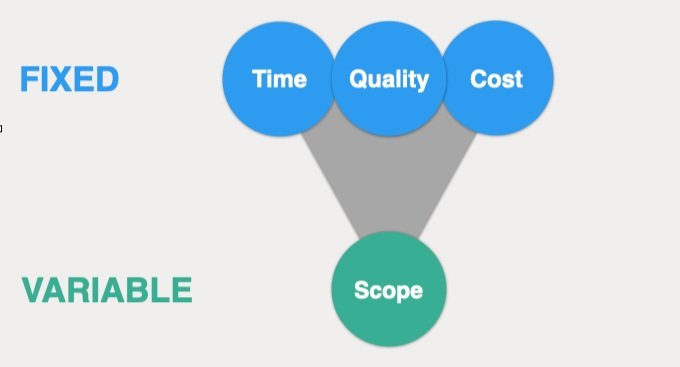
Contract Types
Time & Material
Time & Material Contract
Characteristics
Category
Iron Triangle
In a Time & Material contract, the scope is variable, allowing for adjustments as the project progresses, while the time, cost, and quality are managed according to the agreed terms.
Agile Contract?
Yes, a Time & Material contract can be considered an Agile contract because it allows for flexibility in scope and adaptability to changes. This alignment with Agile principles makes it suitable for iterative development and continuous feedback.
A Time & Material Contract is a traditional agreement well-suited for relational relationships where the buyer requires temporary labor to address specific needs. It offers the flexibility to adjust work orders based on changing project demands.
Buyers Perspective
Example
An example of a Time & Material contract is a body-leasing of a highly specialist software development expert where the client needs ongoing access to his expertise. The scope remains flexible, and the client pays for the actual time and materials used, allowing adjustments as new requirements arise.
Also known as
Cost Plus Contract, Hourly Rate Contract, Labor-Hour Contract, Cost Reimbursement Contract, Unit Price Contract
Vendors Perspective
Since time, costs, and quality are predefined, and the buyer manages the orders (scope), the vendor bears minimal risk aside from the potential termination of the relationship at the end of the month. The vendor can invoice all time and materials at cost each month without needing to justify the work, provided it meets expectations. However, the continuation of the relationship heavily depends on the performance of the personnel assigned to the project.
In a Time & Materials Contract, while costs, time, and quality are fixed and predetermined, the buyer retains the flexibility to define the specific scope of work on a daily basis. This arrangement shifts all risk to the buyer, who is responsible for providing clear instructions to the vendor. Payments are typically made based on actual costs incurred, on a monthly basis. This setup benefits the buyer by providing predictable billing and the option to terminate the contract at the end of each month, offering considerable flexibility.
Optimal if
Time & Material (T&M) contracts are optimal to overcome temporary needs, where requirements are not fully defined upfront, allowing for flexibility and adaptability as the project evolves. They are particularly suitable for complex or innovative projects where the scope may change frequently, requiring ongoing adjustments. T&M contracts work well when the buyer seeks a collaborative approach with the vendor, with a focus on quality and transparency in work delivered. They are also ideal for scenarios where the buyer wants to have control over project details and cost allocation, without committing to a fixed price or scope.
Challenges
Cost Uncertainty: Since billing is based on actual time and materials, the final cost can be unpredictable, potentially exceeding initial estimates.
Scope Creep: The flexibility in scope can lead to uncontrolled expansion of project requirements, making it difficult to manage project boundaries and budget.
Lack of Cost Control: Without a fixed price, there's less incentive for the vendor to control costs efficiently, potentially leading to inefficiencies or unnecessary expenses.
Vendor Accountability: The vendor's focus may shift to billing more hours rather than delivering efficient and effective work, potentially impacting project value.
Resource Dependency: The success of the project heavily relies on the performance and availability of the vendor's assigned personnel, making it crucial to have skilled and consistent resources.
Complex Contract Management: Managing a T&M contract requires diligent tracking of hours worked and materials used, along with regular oversight to ensure the project remains within scope and on budget.
Potential for Delays: With no fixed deadline, projects may experience delays if the scope is continually adjusted, impacting overall timelines.
Advantages
Flexibility in Scope: T&M contracts allow for adjustments to the scope of work as the project progresses, accommodating evolving requirements and new ideas.
Adaptability to Change: These contracts are ideal for projects where the scope is not fully defined at the outset, enabling the buyer to respond to changing needs and priorities.
Transparency: The buyer has visibility into the actual hours worked and materials used, providing a clear understanding of where costs are incurred.
Quality Focus: Since payments are based on actual work done, there is a strong focus on the quality and effectiveness of the work delivered, as opposed to merely meeting a fixed scope.
Reduced Initial Commitment: T&M contracts often require a lower initial commitment compared to fixed-price contracts, as costs are incurred incrementally.
Strong Vendor-Buyer Collaboration: The need for ongoing communication and updates fosters a closer working relationship between the vendor and the buyer, enhancing collaboration.
Scalability: The contract can easily accommodate scaling the team or resources up or down, depending on the project's needs at any given time.


